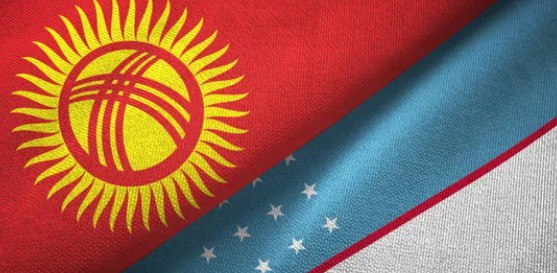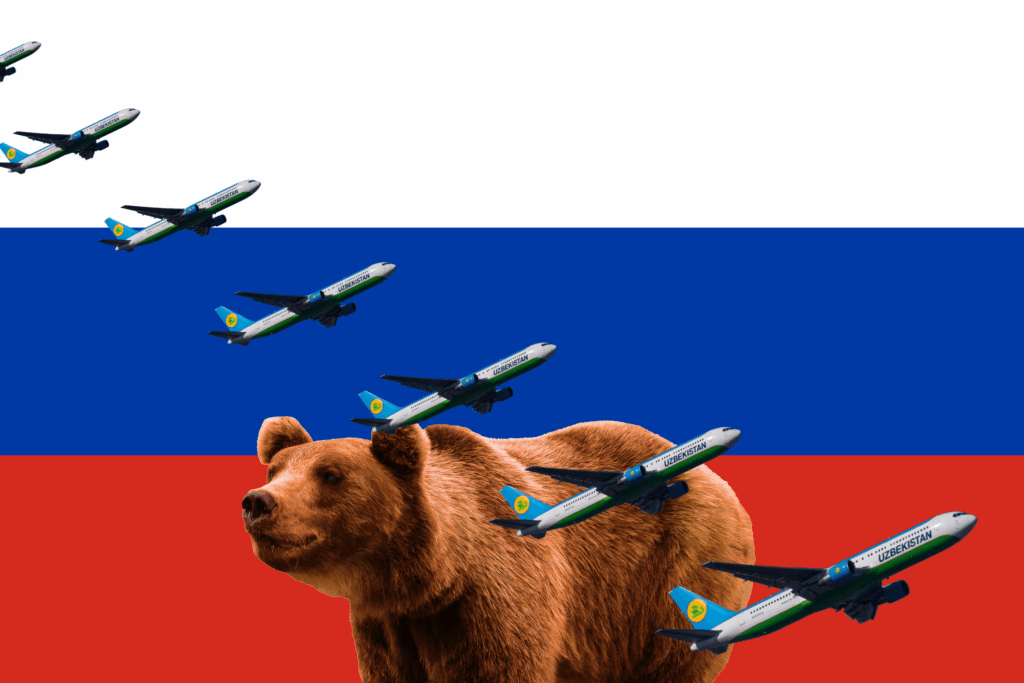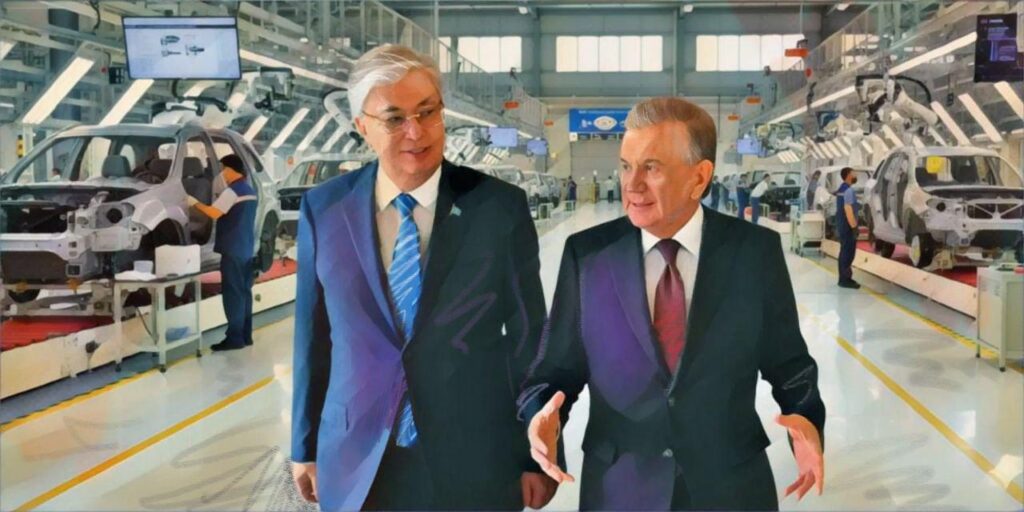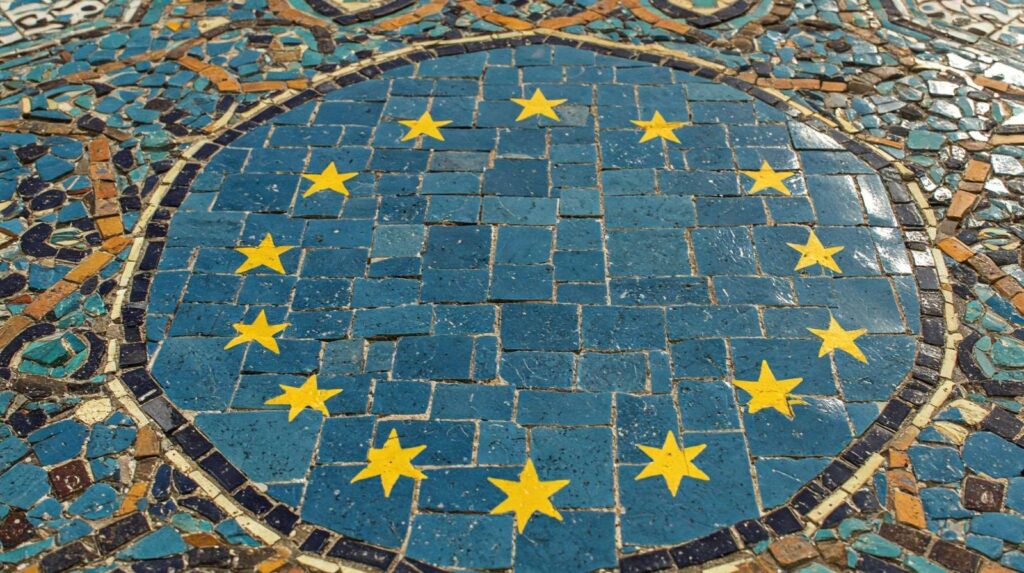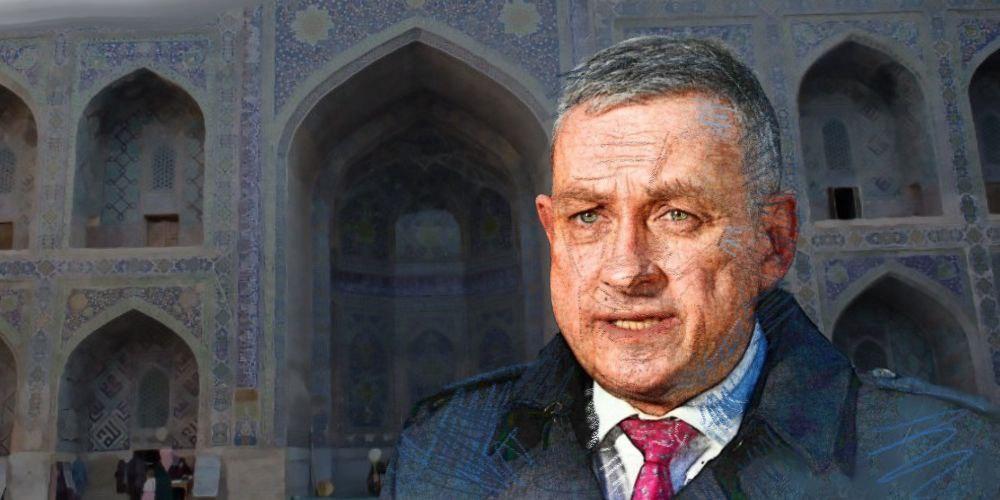On April 5th, European Commission Executive Vice-President Valdis Dombrovskis and Uzbekistan’s Minister of Investment, Industry and Trade Laziz Kudratov signed a Memorandum of Understanding for a strategic partnership on critical raw materials (CRMs).
Rich in copper, molybdenum, and gold, Uzbekistan has the second-largest reserves of CRMs in Central Asia and an ambitious mining strategy aimed to increase processing for both domestic and international industries, particularly in automotive and consumer electronics.
As reported by the Delegation of the European Union to Uzbekistan, the new strategic partnership marks a significant step towards securing responsible production alongside a diversified and sustainable supply of CRMs for green and digital transitions in both the EU and Uzbekistan.
“This agreement with resource-rich Uzbekistan will help the EU to secure much-needed access to critical raw materials,” commented Valdis Dombrovskis, European Commission Executive Vice-President and Commissioner for Trade. “It is part of our wider global outreach to work with partners on securing materials for the future. For Uzbekistan, this will deliver a major boost to its ambitions to economic diversification, develop its extractive industry in a sustainable and resilient manner.”

